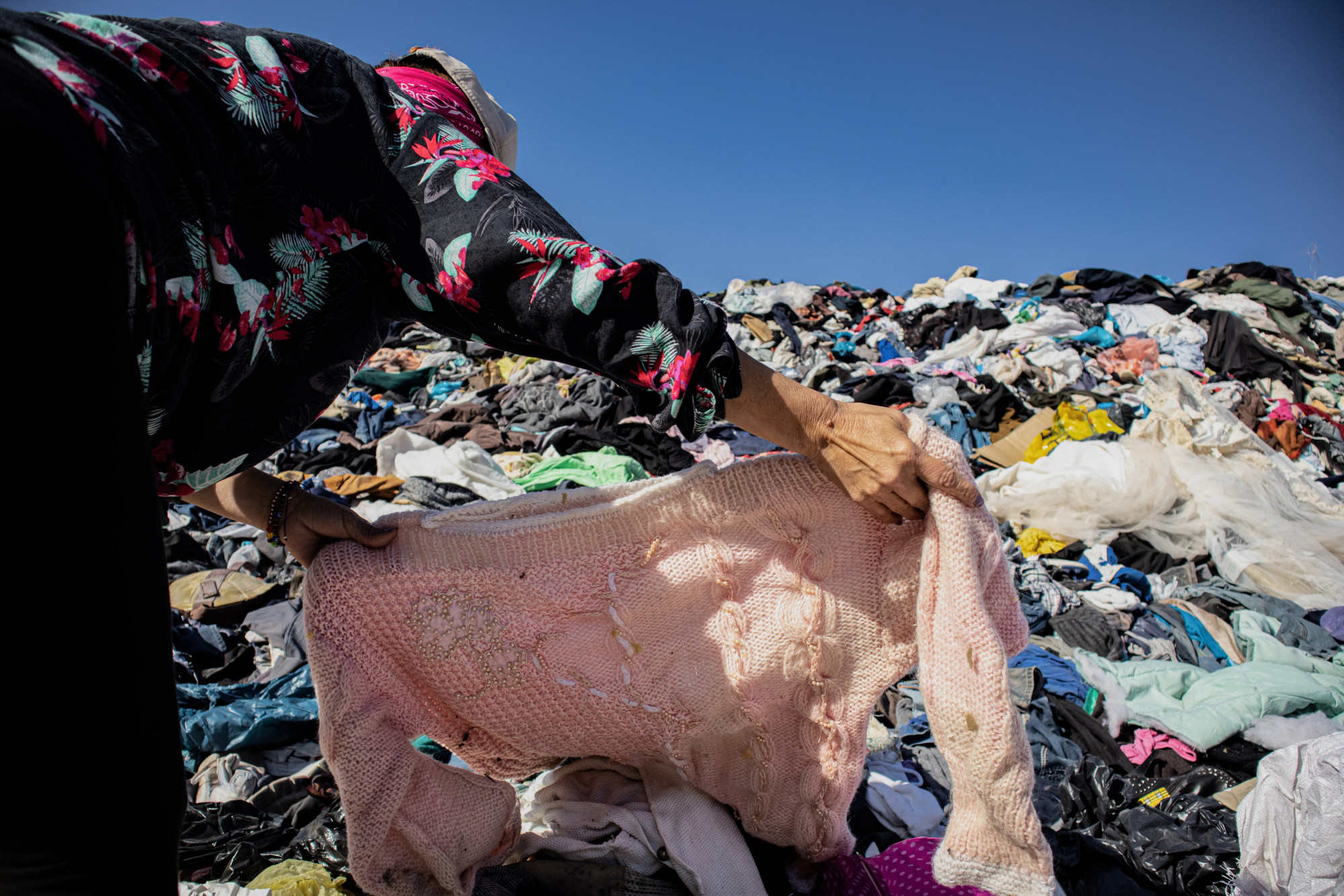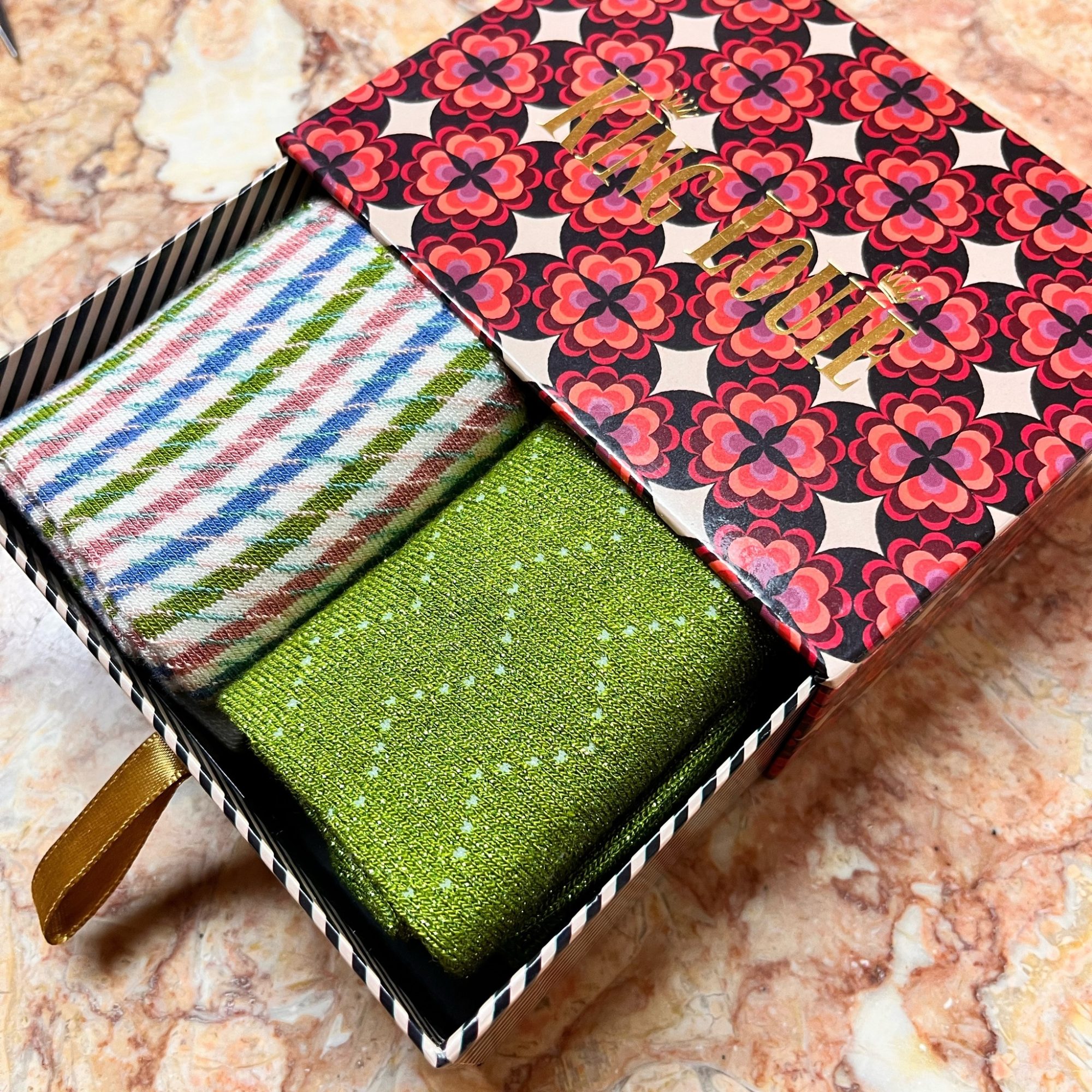
‘Big shared wardrobe’: Amsterdam ‘fashion library’ where donated clothes, new and used, can be rented or bought takes aim at textile waste
- Globally a truckload of unwanted clothes is dumped or burned every second. Fashion lovers in Amsterdam can dispense with fast fashion by renting clothes instead
- LENA, the fashion library lets members who join for US$11 rent items of donated clothing for less than US$1. Its founder hopes clothing brands will follow suit
Ikram Cakir hands over a multicoloured blue and white blouse and selects a similar item, this time in hot pink. Welcome to Amsterdam’s “fashion library”.
Hundreds of brightly coloured trousers, coats and overalls are sorted by brand or style, each with a tag indicating a sale price or how much it costs to rent the item per day.
The daily rental price varies from around 50 euro cents (US 55 cents) to €2, depending on the customer’s loyalty – how often he or she rents clothes and how many are borrowed.

For Cakir, a 37-year-old NGO campaign manager, the concept is “just really good”.
“So many clothes are bought and then never used,” she says. “This is an excellent way to wear new clothes without depleting the planet.”

Globally, the equivalent of a truckload of clothes is burned or buried in landfills every second, according to the Ellen MacArthur Foundation, a charity focused on eliminating waste and pollution.
In the era of fast fashion, the average person buys 60 per cent more clothing than 15 years ago, while each item is kept for only half as long, the UN says.

Fashion is responsible for one quarter of the pollution of the world’s waters and a third of microplastic discharges into the oceans – toxic substances for fish and humans.
All this prompted Elisa Jansen to open LENA, the fashion library, in a trendy area in central Amsterdam, with her two sisters and a friend.
“Why did we open in 2014? Because the fashion industry is one of the most polluting industries in the world,” she says.

The library also has an online section, plus drop-off and collection points in other Dutch cities.
“Always new clothes. Good for the planet. Experiment with your style. Try before you buy,” reads a poster hanging above LENA’s counter and washing machines, summing up its philosophy.
Jansen’s career began in vintage shops so she said she has “always worked in recycling clothes”.

But the vintage business did not allow her to acquire new items and she found it too homogenous a style.
“That’s when I got the idea of sharing clothes in a massive shared wardrobe,” she says.
Customers sign up for a €10 fee, allowing them to borrow or buy clothes from the collection.
You won’t find any fast fashion here
There are more than 6,000 members but not everyone is a regular borrower, admits Jansen.
Her top priority is the quality of her garments, always preferring longer-lasting brands.
“You won’t find any fast fashion here,” she says, referring to a trend where garments are bought cheaply then discarded after only a few wears.

LENA was “really one of the first of its kind” when it opened nine years ago, says Jansen.
Similar initiatives have been launched in places such as Australia, Britain, Canada, France, Scandinavia and Switzerland, although Jansen says the Scandinavian outlets appeared to have closed since.
It took some time to find a profitable business model, she admits.
But her location in a trendy area now mostly attracts women aged between 25 and 45 “who want to make sustainable choices but who also want pretty clothes”.

India Donisi, a 35-year-old wine blogger, is among the target audience.
“It’s really very convenient,” she says as she tried on what she called an “extravagant” fuchsia pink blazer.
Donisi regularly rents clothes from the library to wear for media events. She lives around the corner and admits she wouldn’t cross town to borrow an outfit.
LENA’s founder hopes her initiative will inspire others.
“I really believe this is the future. Our consumption cannot continue as it is,” Jansen says.
“I hope other clothing brands will even do it themselves … so you always have the option to borrow if you don’t want to buy.”

.png?itok=arIb17P0)